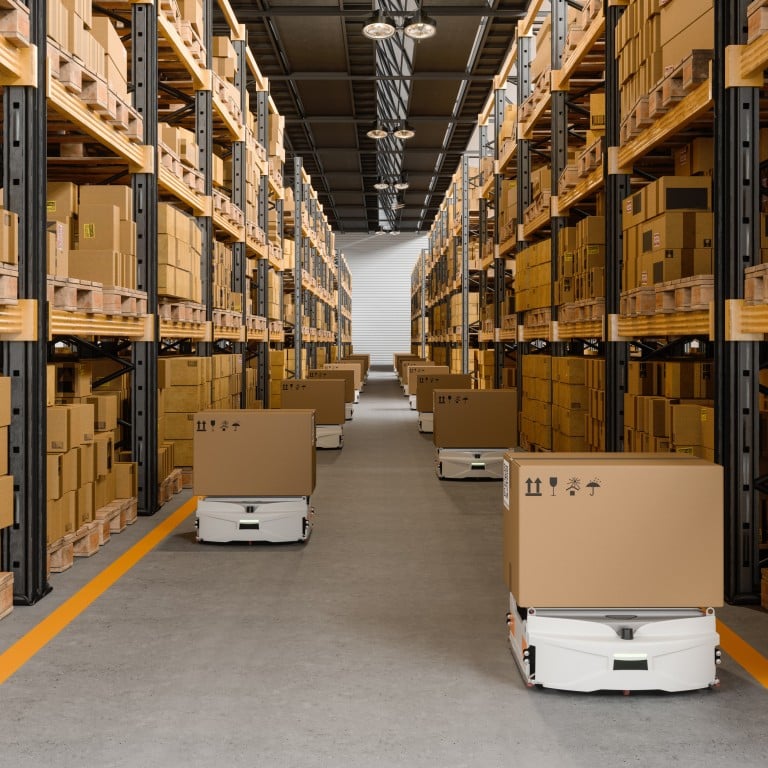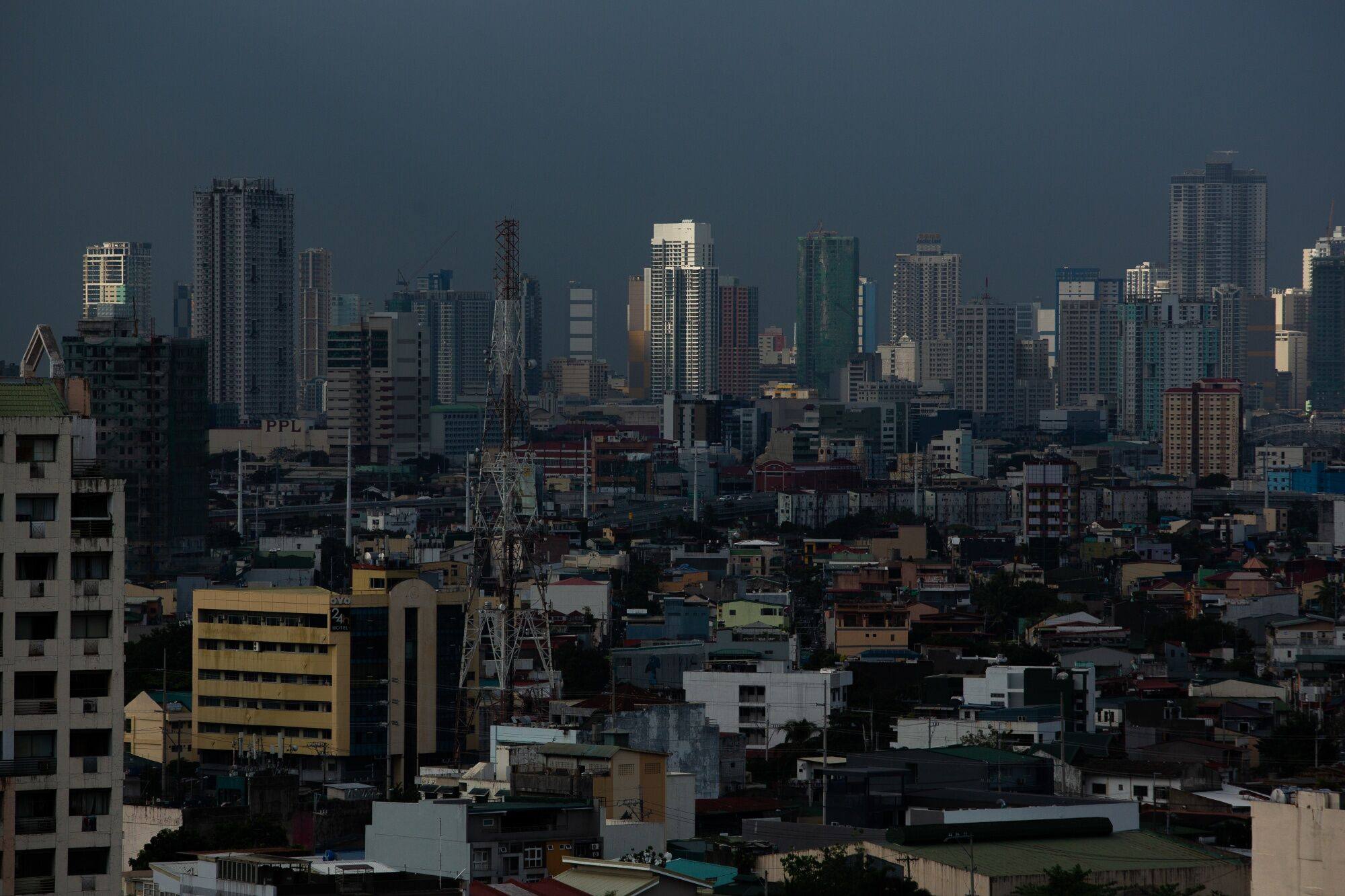
Philippines’ penchant for online shopping to lift Manila’s logistics property rents by up to 5% this year: Knight Frank
- Rents for industrial space in Manila are likely to rise between 3 per cent and 5 per cent this year after jumping nearly 40 per cent last year, Knight Frank says
- Cities on Australia’s eastern seaboard such as Sydney and Brisbane are likely to see rental increases of more than 5 per cent
Industrial property rents are expected to rise by another 3 per cent to 5 per cent this year, according to a report by the real estate consultancy.
The Australian cities of Sydney and Brisbane rounded off the top three cities in Asia-Pacific, with year-on-year rents for industrial space gaining 16.7 per cent and 15.3 per cent, respectively, in 2023, according to the study, which tracked 17 cities in the region.

Hong Kong ranked fourth in this category with year-on-year rental growth of 9 per cent. In the second half of 2023, the city had the second-best rental growth at 4.7 per cent.
This year, cities on Australia’s eastern seaboard are likely to register rental increases of more than 5 per cent, Li said.
E-commerce sales in the Philippines are forecast to hit US$19 billion in 2026, growing at a compound annual rate of 17.9 per cent from 2022, according to local media reports, citing research from data and analytics provider GlobalData.
The growth in online retail sales is supported by the nation’s 5.6 per cent economic expansion last year, making it Southeast Asia’s fastest-growing economy.
The rental growth of logistics property in Manila helped lift the entire segment in Asia-Pacific, according to Knight Frank.
“Overall rents in Asia-Pacific maintained their upwards trajectory to grow by an average of 6.2 per cent year on year in the second half of 2023,” the report said. “However, near-term momentum indicated by half-yearly rental growth slowed to 1.5 per cent, compared with 4.6 per cent six months ago.”
The rental growth for industrial space, however, could not be replicated in mainland China. Shanghai and Beijing ranked at the bottom of the rankings, with rents retreating 5.9 per cent and 2.8 per cent, respectively, last year.
“Rents in Beijing and Shanghai softened, pressured by the abundant supply of warehouses and weakening trade,” the Knight Frank report said. “Highly favourable rental rates in surrounding cities are also attracting tenants away from Shanghai and Beijing which further reduced demand.”
Only two other locations in the region saw rents decline last year – 0.1 per cent in greater Jakarta and 0.6 per cent in Bangkok.
On the outlook for logistics property rents this year, Li said there will be considerable supply because of an ample development pipeline and availability of sublease opportunities.
As a result, the impact on rents will be uneven across the region, she added.
“Strong pre-commitments in Pacific markets are keeping vacancies tight, while Southeast Asia and India will continue to benefit from supply chain diversification,” Li said.
“In contrast, mainland China will likely require some time to absorb a substantial pipeline given the sluggish economy.”


